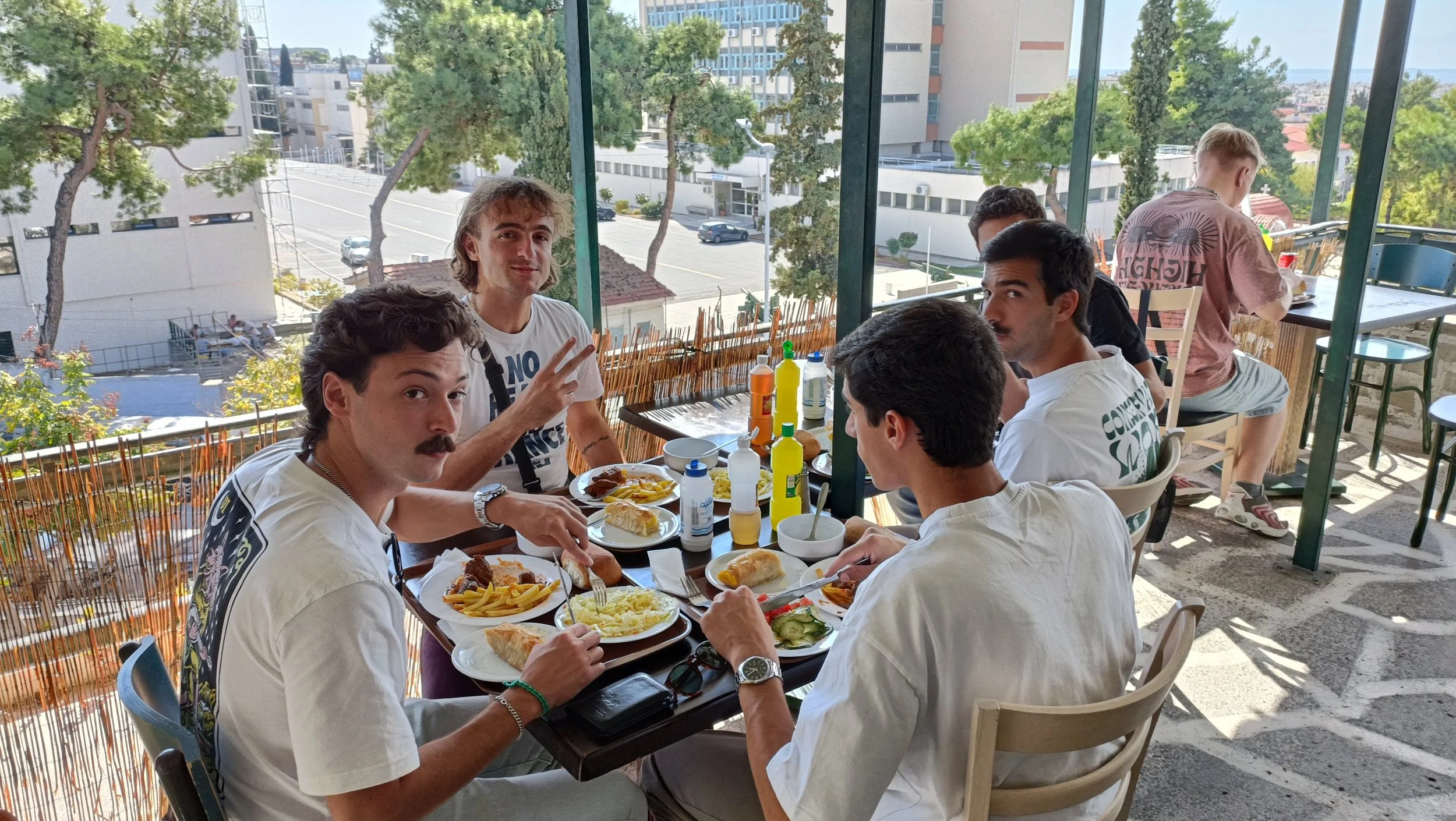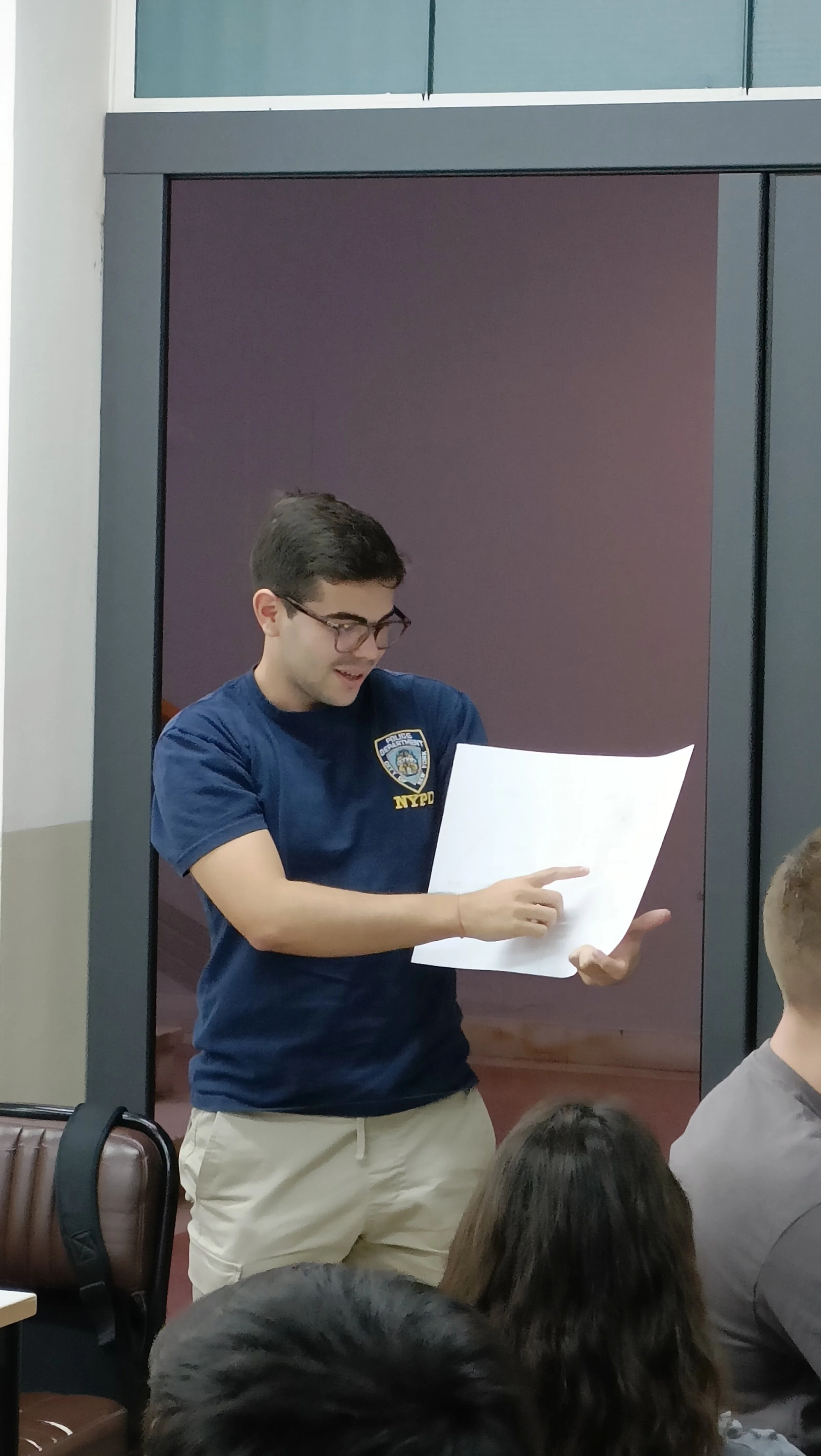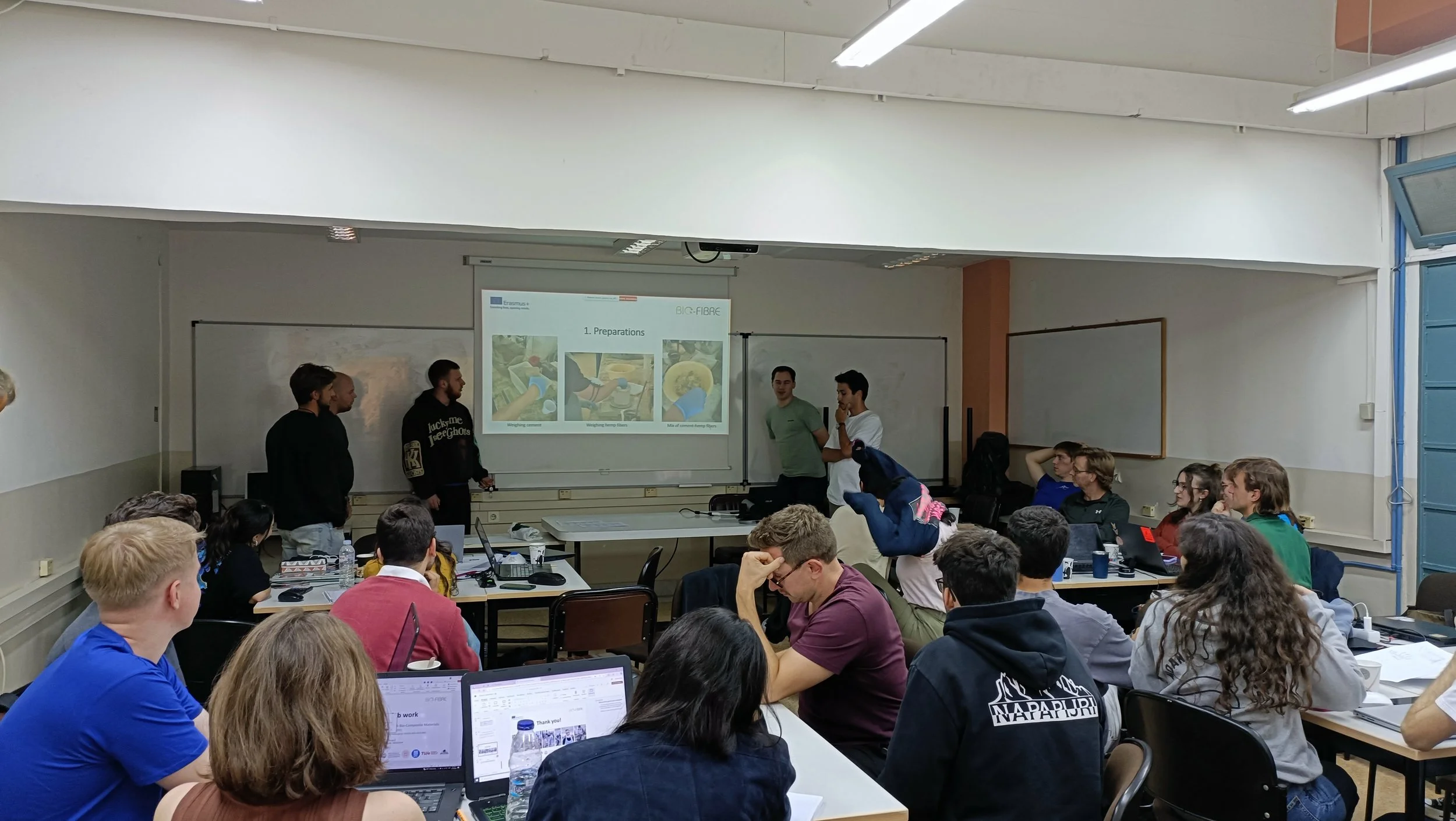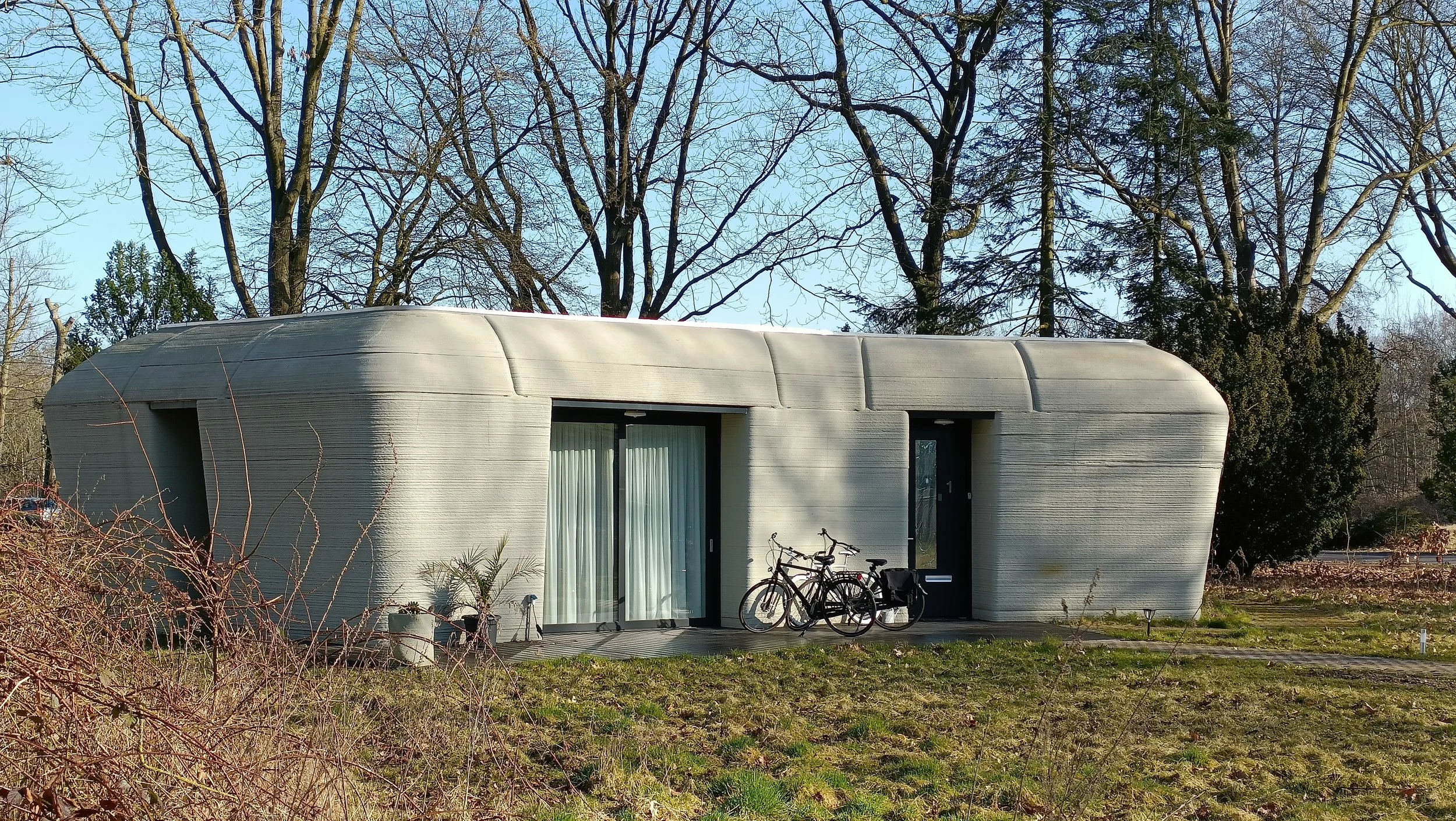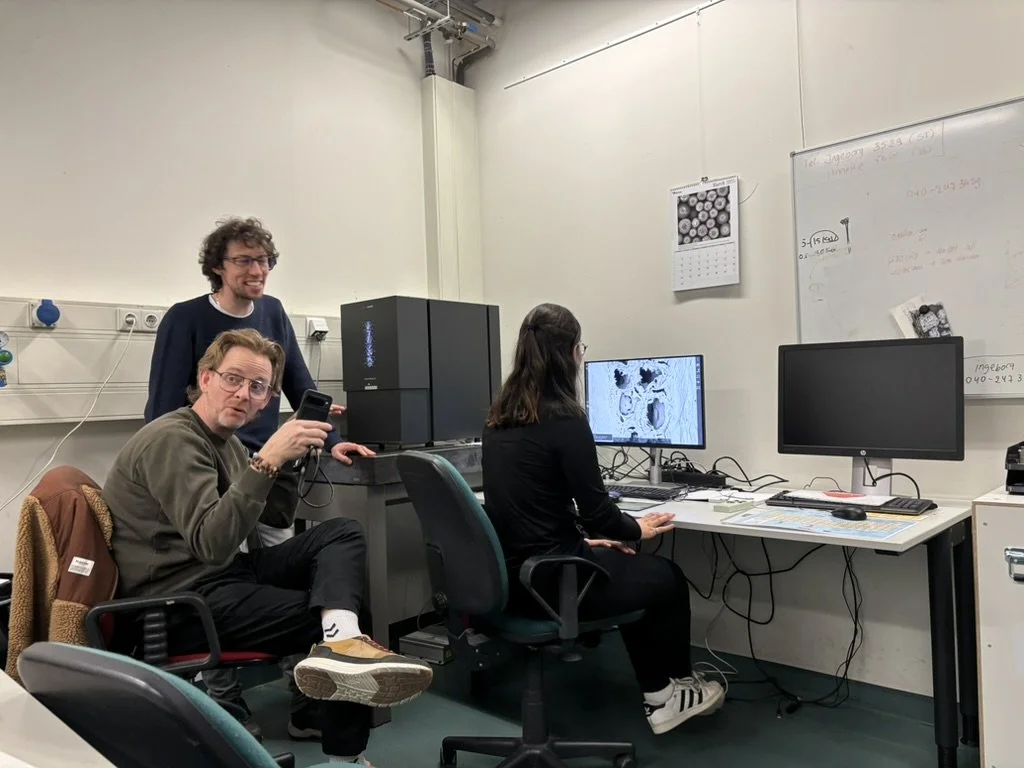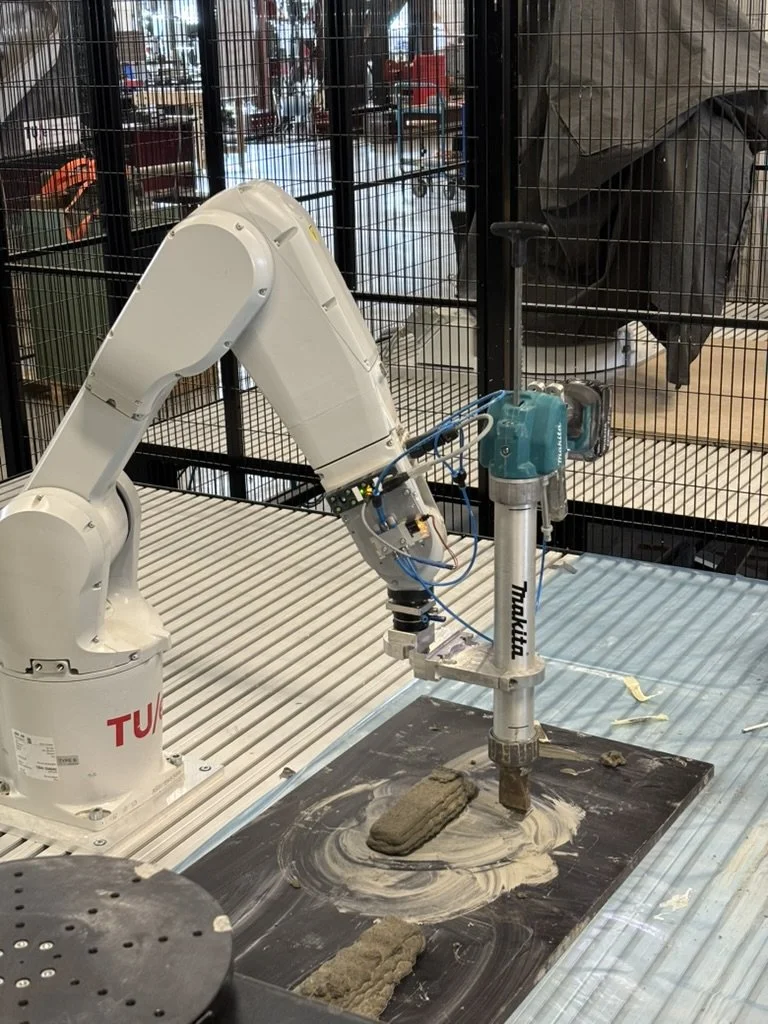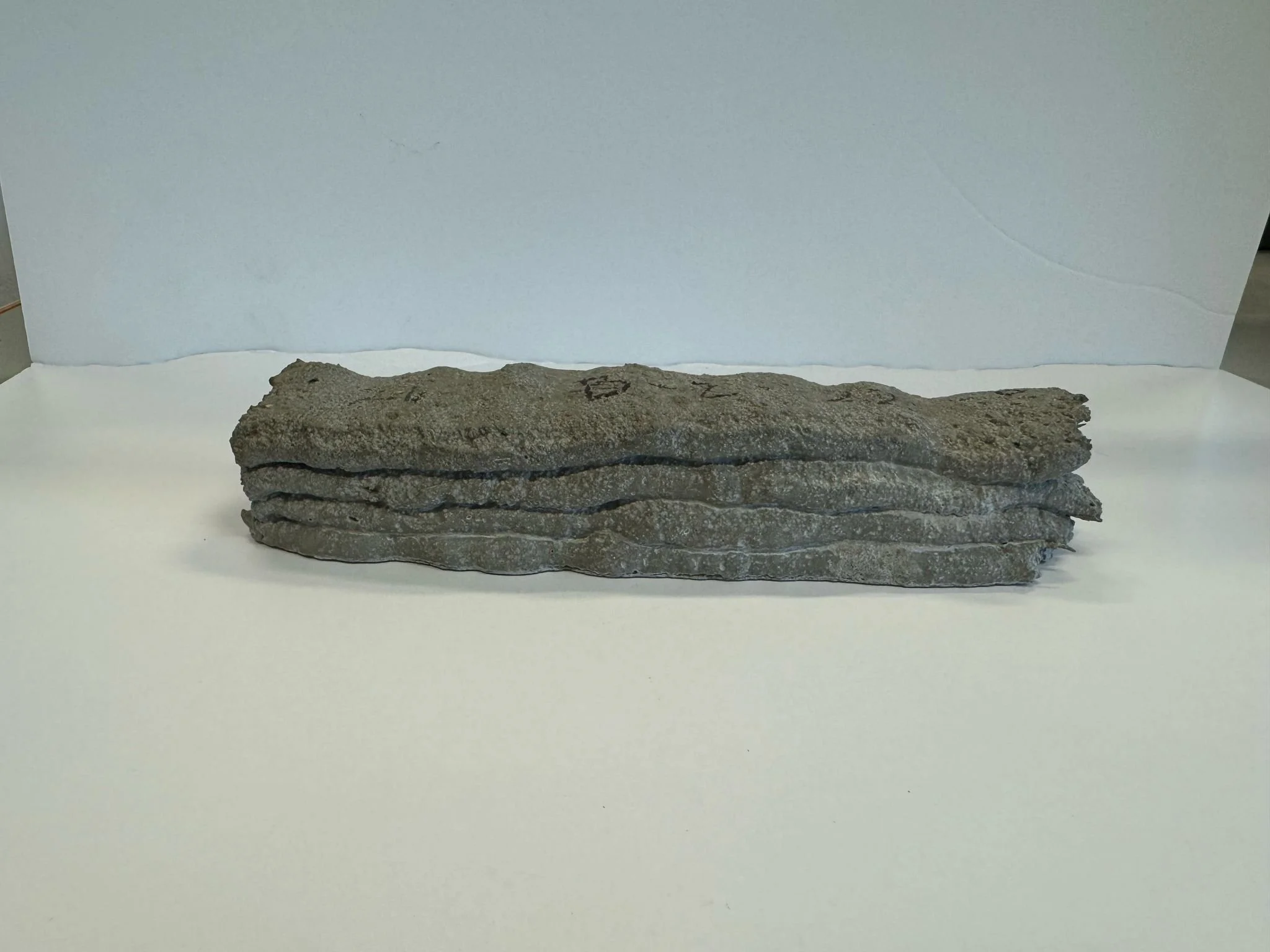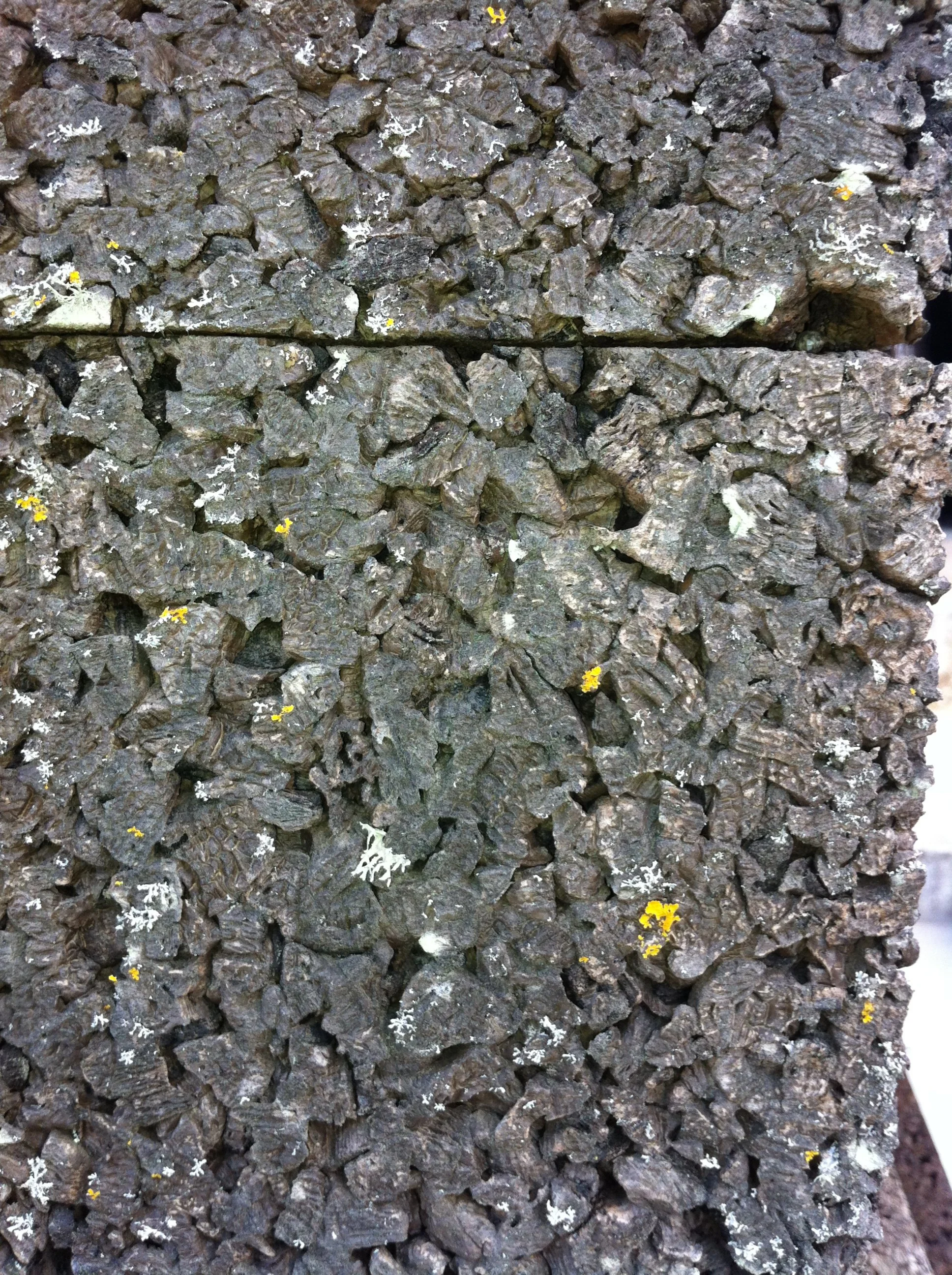
Workshops
Workshop - 14-18 October 2024 AUTH - Greece
First Workshop for students - Greece October 2024
Workshop Description: Biobased Materials and Pedagogical Practices
This workshop focuses on engaging participants in pedagogical exercises alongside hands-on learning related to biobased materials. Participants will explore the principles of Biobased Product Life (BPL) and its application in laboratory settings.
Objectives:
Understand the core concepts of BPL learning.
Engage in hands-on laboratory experiments utilizing biobased materials.
Foster collaboration and communication among participants through structured exercises.
Agenda:
Introduction to BPL Learning:
Overview of biobased materials and their significance.
Discussion of the pedagogical strategies employed in the workshop.
Pedagogical Exercises:
Group activities designed to enhance understanding of biobased materials.
Interactive discussions to encourage critical thinking and sharing of ideas.
Laboratory Work:
Participants will conduct experiments testing various biobased materials.
Guidance on proper laboratory techniques and safety protocols.
Data collection and analysis to evaluate the properties of selected materials.
Reflection and Wrap-Up:
Participants will share their findings and experiences.
Discussion of the implications of laboratory findings on real-world applications.
Feedback session to enhance future workshops.
This workshop will provide participants with both theoretical knowledge and practical skills, ensuring a comprehensive understanding of biobased materials and their application in various industries. Participants will leave with enhanced pedagogical tools and a deeper appreciation of sustainability in product development.
See the students presentations
Workshop - 10-14 March 2025 TU/e - Holland
Second Workshop - Eindhoven March 2025
Description
The Erasmus+ Bio-Fibre Second Workshop is focused on exploring the potential of bio-fibres in construction. The workshop includes lectures, laboratory experiments, group activities, and discussions on mechanical characterization and real-world applications.
Objectives
Understand regional possibilities for bio-fibre construction.
Conduct hands-on experiments with bio-fibre composites.
Analyze the physical and mechanical properties of bio-fibre materials.
Compare experimental results with literature and industry practices.
Engage in collaborative learning through group activities.
Agenda
Monday:
Welcome presentation & introduction
University & laboratory tour + safety instructions
Online/physical workshop on bio-fibre construction
Social event: Skybar pub quiz
Tuesday & Wednesday:
Rotational lab activities (3D printed concrete, microscopy, physical properties testing, literature review)
Thursday:
Mechanical characterization experiments
Results assessment and presentation preparation
Friday:
Visit to “Project Milestone” (3D-printed houses)
Final presentations and conclusions
Pedagogical Exercises
Group Activities:
Collaborative lab experiments with rotations through different tasks.
Literature review and discussion on findings compared to existing research.
Final presentation preparation and team-based conclusions.
Laboratory Work:
3D Printed Concrete: Creating and testing bio-fibre reinforced concrete samples.
Microscopy: Examining the microstructure of composite materials using a scanning electron microscope.
Physical Properties Measurements: Conducting thermal conductivity and water absorption tests.
Mechanical Characterization: Performing flexural and compressive strength tests on different material compositions.
The Erasmus+ Bio-Fibre Second Workshop explores bio-fibre applications in construction through hands-on experiments, group activities, and discussions. Participants engage in lab work, including 3D-printed concrete testing, microscopy, physical property analysis, and mechanical characterization.
Key objectives include understanding bio-fibre construction, testing material properties, and comparing results with existing research. The program combines theoretical insights with practical experience, fostering collaboration and innovation



